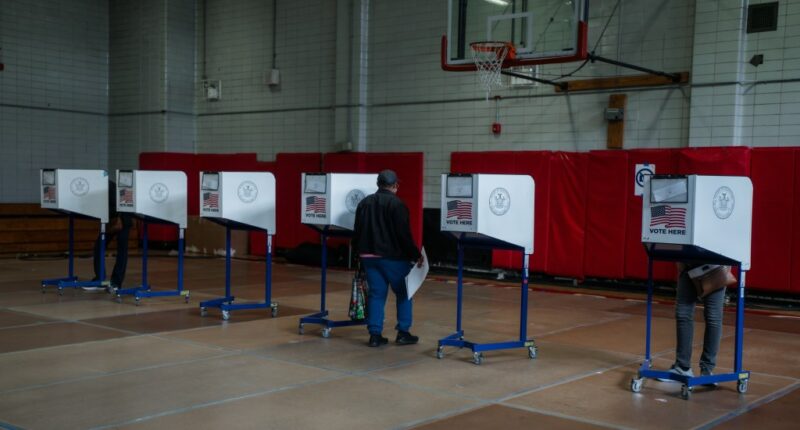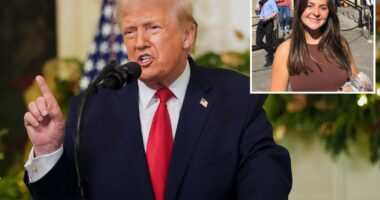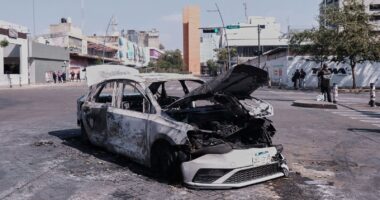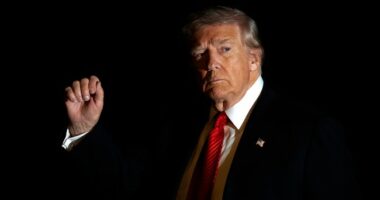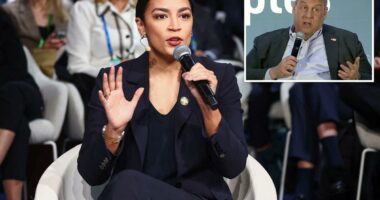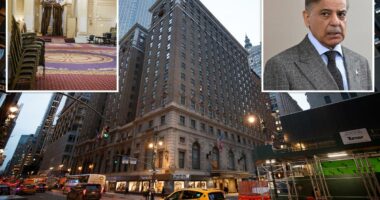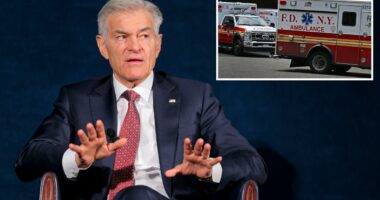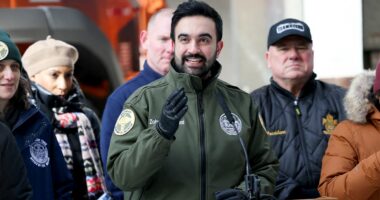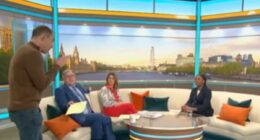Share this @internewscast.com

As election season unfolds in New York City, many residents are gearing up to exercise their fundamental democratic right to vote. However, for the city’s 1.1 million independent voters, this right feels somewhat elusive. These voters often find themselves questioning the democratic ideals of the nation when faced with barriers at the polls.
Picture this: if you were to paint a picture for a tourist in bustling Times Square of a city where 20 percent of its registered voters are legally excluded from participating in public elections, they might guess you’re describing a place like China, Russia, or Venezuela. Surprisingly, this is the reality in New York City, where independent voters are locked out of primary elections funded by their own taxes—elections that frequently determine the ultimate victors in November.
This exclusion isn’t a recent development. Prior to this year’s primary elections, every independent voter in the city received a text message from the New York City Board of Elections. It extended an offer to assist them in switching from their independent status to either the Democratic or Republican party. Imagine if such messages were sent to Democrats and Republicans, encouraging them to cross party lines. Yet, this is standard practice in a city that often seems to dismiss the legitimacy of independent voters.
Earlier this year, a substantial number of independent voters voiced their concerns before the city’s Charter Revision Commission. The most pressing issue throughout these hearings was the call to open up the city’s primaries to independents. These voters sought a straightforward yet profound change: the right to vote. The commission acknowledged their plea, recognizing that such a move could boost voter turnout, enhance competition, and make elections more inclusive and representative.
Studies revealed that contrary to some misconceptions, New York City’s independents are diverse—54 percent are voters of color, and a majority are under 40. They are politically engaged and seek solutions-oriented leaders rather than partisan ideologues. The commission seemed ready to take action until influential figures, including city Comptroller Brad Lander and other leaders from the Democratic and Working Families parties, intervened. They pressured the commission to maintain the status quo.
As independents watched from the sidelines, frontrunner Zohran Mamdani emerged victorious in the Democratic primary with fewer than half a million votes in a city boasting 5 million registered voters. His margin of victory stood at 100,000 votes, raising questions about the legitimacy of such an electoral win. When 1.1 million New Yorkers are denied a voice in the process, one must ponder the true authority of such an election outcome.
Even in the runup to the general election, all three mayoral candidates have been largely silent on the issue of independent voters. Not one has campaigned to us, talked about us, or even acknowledged we exist. Not one has pledged to take the findings of the Charter Revision Commission and move them forward.
Now as independents we find ourselves voting in a rare competitive race for mayor; the result of multiple candidates being forced to sidestep our broken election process.
If you’re not a reflexively Democratic Party voter, you may have noticed the inequality of a ballot that lists Mamdani first and third, followed by a Republican candidate Curtis Sliwa — who ran unopposed in his party’s primary, while relegating independent candidate Andrew Cuomo to a secondary line and to the far corner, along with Eric Adams and Jim Walden, who aren’t even running anymore. Whomever your preferred candidate, there was nothing democratic about that ballot.
NYC is an outlier. Nationwide, 85% of cities, including most major cities such as Chicago and Los Angeles, let all citizens, including independents, vote for who they want in the primaries. It’s not just the right thing to do, but when you let voters focused on problem solving vote, you’re in a much better position to tackle real problems — from affordable housing to rising inequality.
Every year the independent New Yorkers’ share of the electorate grows and we’re not going away. We’re starting to organize and demand what every citizen demands in a democracy. Let us vote.
Gruber is the senior vice president of Open Primaries, a national election reform organization and an author of “Let All Voters Vote: Independents and the Expansion of Voting Rights in the United States.”
